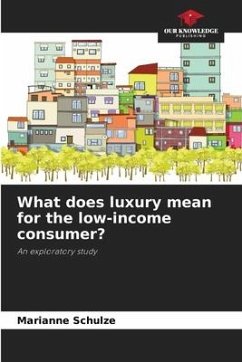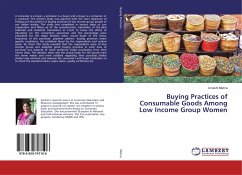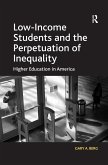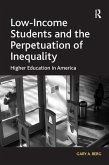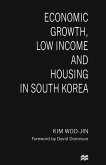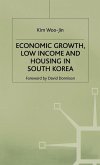Low-income groups in Brazil were not considered a market for products and services (ROCHA, SILVA, 2009). This view has changed since the 1980s, when studies began to emerge that addressed issues other than just the material scarcity of these families (BARROS, ROCHA, 2007). Very little is still known about these consumers, who represent more than half of the Brazilian population, with about 100 million people (CHAUVEL, MATTOS, 2008). Recent research involving their consumption habits can be observed, mainly due to the increase in purchasing power, however, little has been analysed about the particularities of this group in relation to the concept of luxury. Although this concept has been widely explored in the literature (SOUZA et al., 2013), its focus has always been oriented towards the upper layers of society (D'ANGELO, 2004). The attempt to understand the meaning of luxury for the low-income consumer is still a little discussed subject, which is the main motivation for choosing this study, which is based on the hermeneutic approach to understand this meaning.
Bitte wählen Sie Ihr Anliegen aus.
Rechnungen
Retourenschein anfordern
Bestellstatus
Storno

